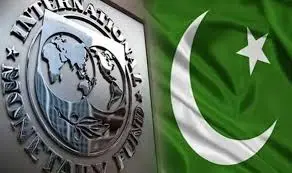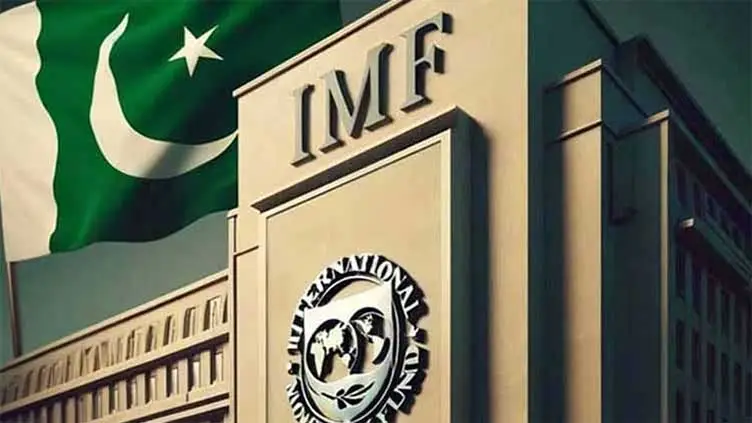IMF Delegation Arrives in Pakistan for Economic Review: Critical

IMF Delegation assess Pakistan’s financial stability and progress in economic reforms, a delegation from the International Monetary Fund (IMF) has arrived in the country to conduct an economic review. This assessment is vital for Pakistan’s ongoing loan program, as it determines whether the country will receive the next tranche of financial assistance. This review’s outcome will impact both investor confidence and the overall economic outlook of the country.
Table of Contents
Why Is the IMF Visit Important?
The IMF’s visit is crucial for assessing Pakistan’s compliance with the economic policies and reforms it agreed to under the loan agreement. Further financial assistance, which is essential for stabilizing Pakistan’s economy, controlling inflation, and addressing fiscal deficits, is contingent upon the review. It also affects the level of trust investors place in the economy and the country’s general economic outlook. A successful review can boost market confidence, while any shortcomings may lead to stricter conditions or delays in funding.
Key Areas of Economic Review
During this visit, the IMF team will assess various economic indicators, including:
- Fiscal Policies : Review of government spending, tax collection, and budget management.
- Monetary Policies : Examination of interest rates, inflation control measures, and exchange rate stability.
- Structural Reforms : Evaluation of efforts in energy pricing, privatization of state-owned enterprises, and governance improvements.
- External Sector Performance : Analysis of trade balance, foreign exchange reserves, and remittance flows.
Possible Outcomes of the Review
- The review can lead to different outcomes depending on Pakistan’s economic performance and reform implementation:
- Approval of Loan Tranche : If Pakistan meets IMF Delegation conditions, the next installment of financial aid will be disbursed.
- Further Policy Adjustments : The IMF may recommend additional economic measures to strengthen Pakistan’s financial position.
- Delays or Additional Conditions : If economic reforms fall short, the IMF may delay the tranche release or demand stricter conditions.

Challenges and Concerns
Despite Pakistan’s efforts, several challenges may arise during the IMF review:
- Revenue Collection Issues : Pakistan’s tax revenue may not meet IMF Delegation expectations, leading to concerns over fiscal sustainability.
- Inflationary Pressures : High inflation continues to burden the public, making economic reforms politically sensitive.
- Political Instability : Government policies and political uncertainties can affect economic decision-making.
- External Debt Burden : Rising debt levels and repayment obligations add pressure on foreign reserves.
Next Steps After the Review
In light of the IMF review, Pakistan will need to implement additional economic measures in accordance with the delegation’s recommendations. A positive review will result in the next loan tranche being released, which will ease the economic situation. However, failure to meet the set targets could lead to stricter conditions in future agreements. If conditions are not met, Pakistan may need to carry out further reforms or renegotiate its agreement with the IMF Delegation in order to obtain funding.
Conclusion
The visit of the IMF delegation is crucial for the economic future of Pakistan. The review will establish the country’s access to vital financial assistance and influence its economic policies in the upcoming months. It will also impact investor confidence and the overall financial outlook of the country. A successful review could provide much-needed relief to Pakistan’s struggling economy. A major challenge for the government continues to be ensuring that IMF Delegation conditions are met while maintaining economic stability.
FAQS
What is the purpose of the IMF’s economic review in Pakistan?
The IMF Delegation review assesses Pakistan’s economic performance, fiscal policies, and reform progress to decide on the release of the next loan installment, which is crucial for maintaining financial stability.
How does the IMF review impact Pakistan’s economy?
A successful review can lead to financial aid, improved investor confidence, and economic stability, while failure to meet conditions can result in funding delays and stricter economic measures.






